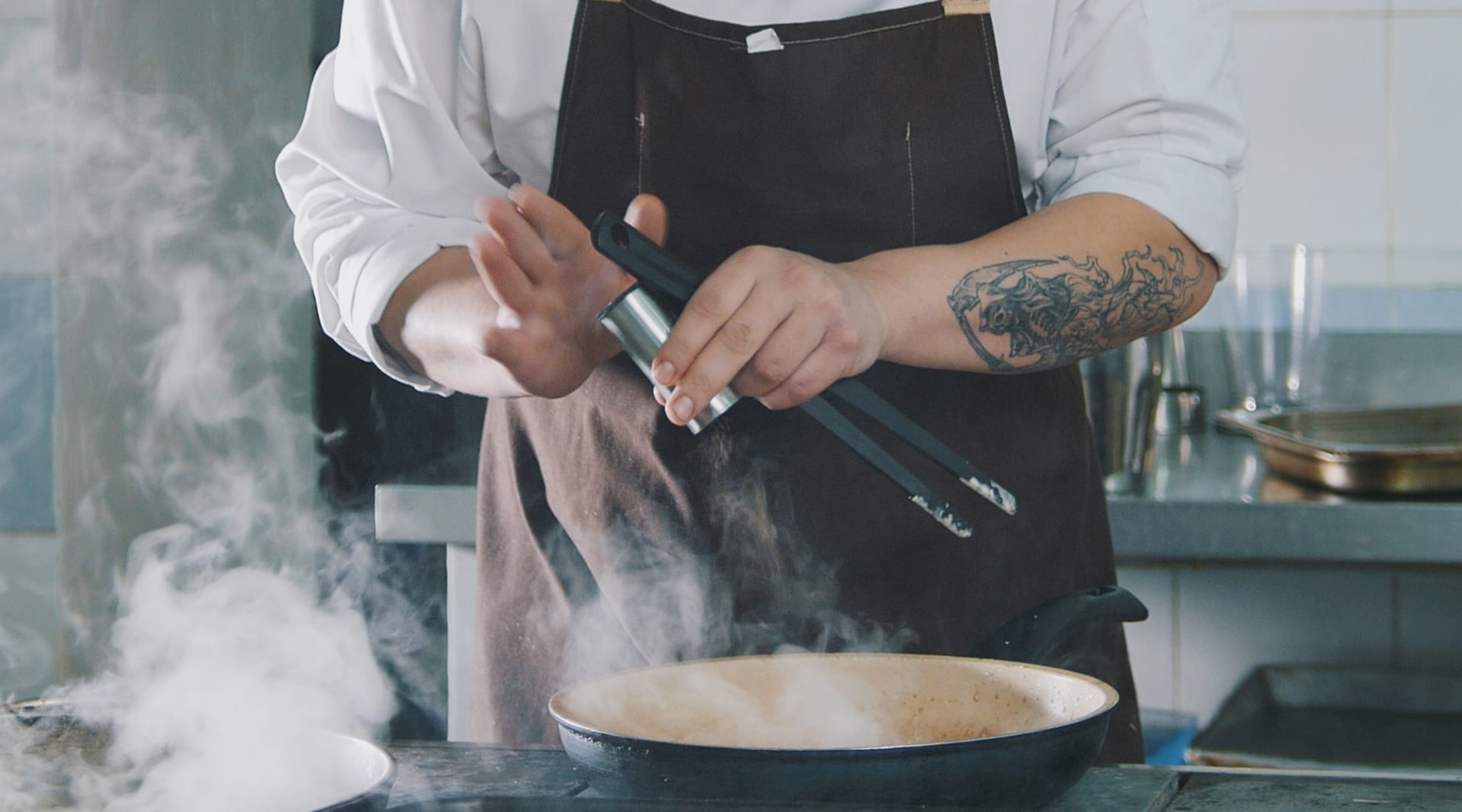The growing popularity of delivery-first dining, which proliferated during lockdowns, is opening the door to a new restaurant concept: the ghost kitchen. Rather than renting and staffing full cooking and dining spaces, ghost kitchens allow restaurants to rent workspace in shared kitchens where cooking is done expressly for delivery and takeout.
A new model for the future of dining optimizes operations and prioritizes off-premises dining.
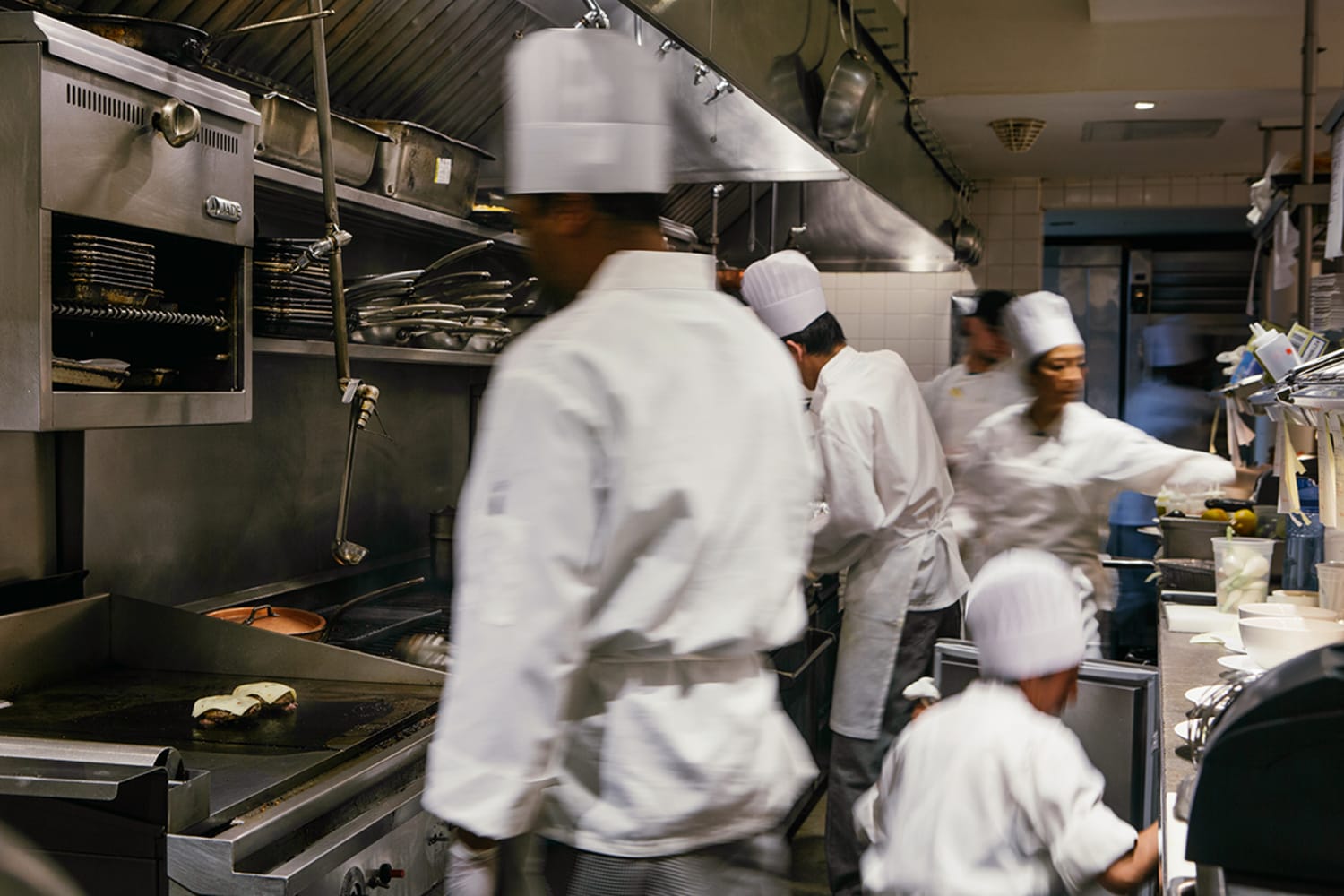
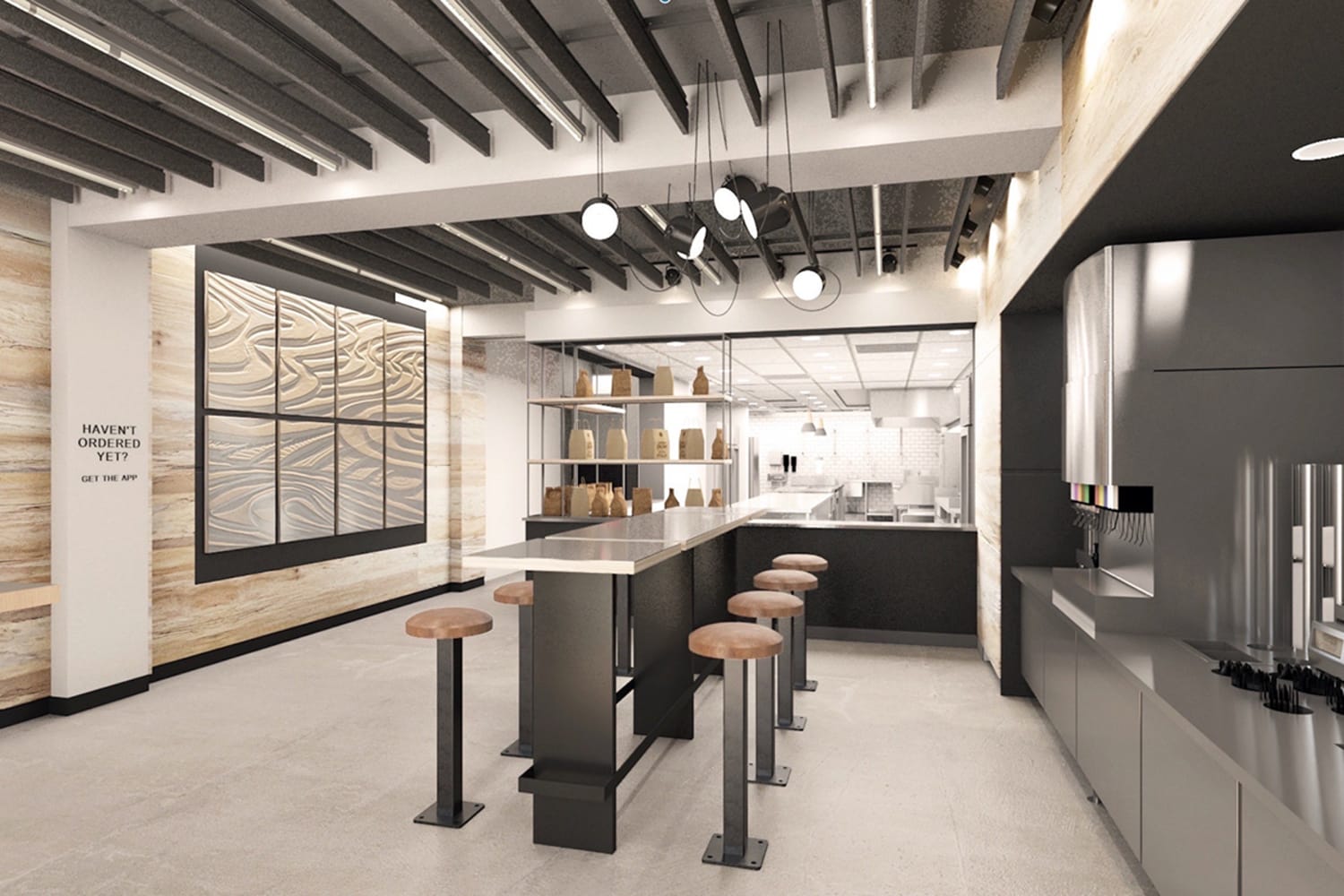
Euromonitor estimates that ghost kitchens could be a $1 trillion business by 2030—and a wave of big players in the food and drink space is kickstarting the market. In November 2020, Chipotle introduced its take on the ghost kitchen with the launch of Chipotle Digital Kitchen. The digital-only prototype café operates solely for pick-up and delivery, with no dine-in options.
Midwestern grocery chain Kroger announced a partnership with ClusterTruck, a delivery-only restaurant startup, in October 2020. Through the partnership, Kroger will provide ClusterTruck with on-premises ghost kitchens to produce a variety of freshly prepared on-demand meals, with no service or delivery fees. Kroger vice president Dan De La Rosa says the partnership is “an innovation that streamlines ordering, preparation and delivery.”
DoorDash announced its Reopen for Delivery program on October 26, 2020, helping restaurants forced to close as a result of the pandemic to reopen as virtual eateries, operating out of ghost kitchens.
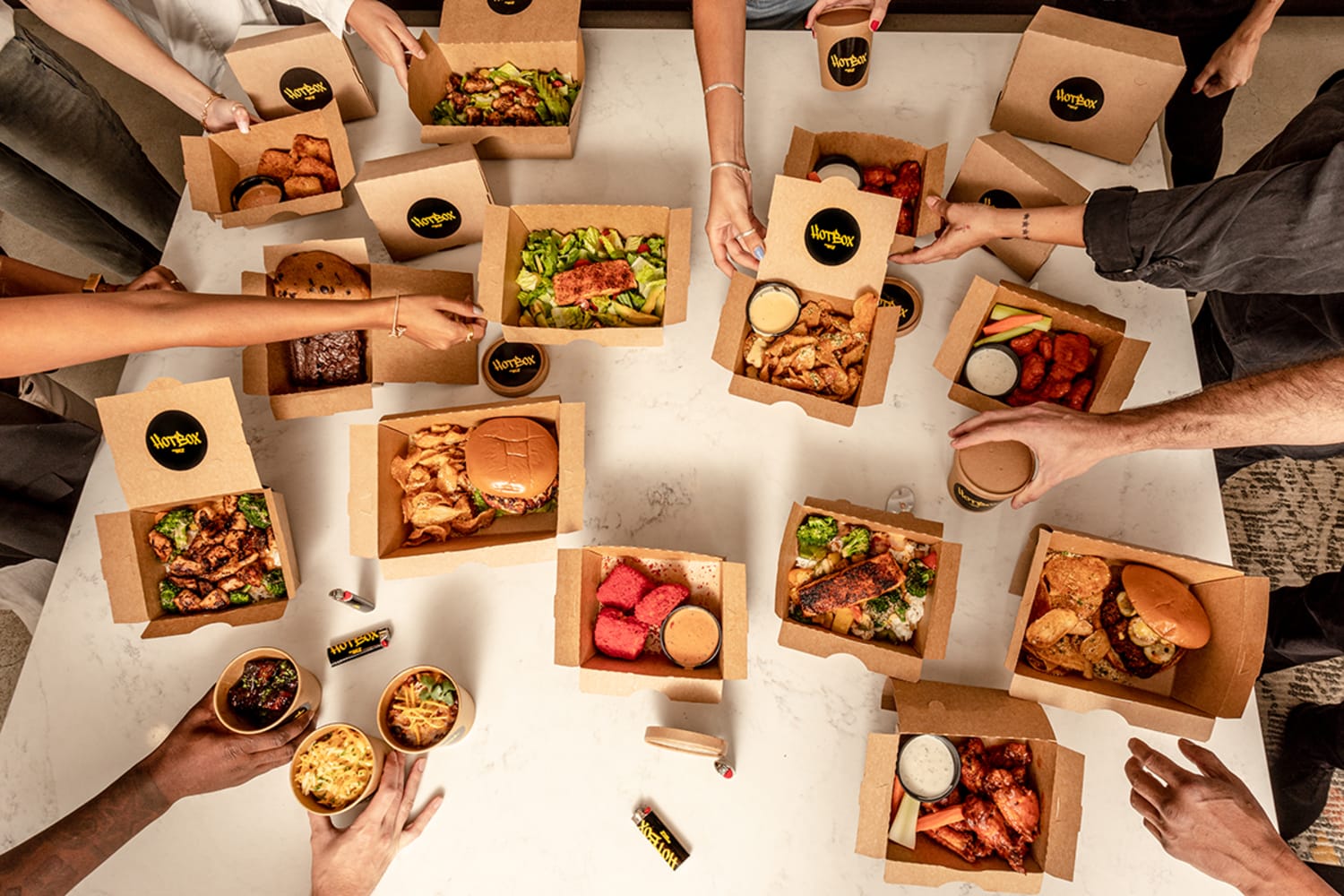
Investors are getting in on the game, too. In July 2020, ghost kitchen company Zuul—which counts popular salad chain Sweetgreen among its clients—raised $9 million to expand in New York City (NYC) after opening its first Manhattan location in September 2019. The Wall Street Journal reported in October 2020 that Travis Kalanick, founder and former CEO of Uber, has invested $130 million in real estate for his ghost kitchen startup CloudKitchens. The same month, SoftBank’s Vision Fund invested $120 million in Nextbite, which CEO Alex Canter describes as “a portfolio of delivery-only restaurant brands that exist only on Uber Eats, DoorDash and Postmates.”
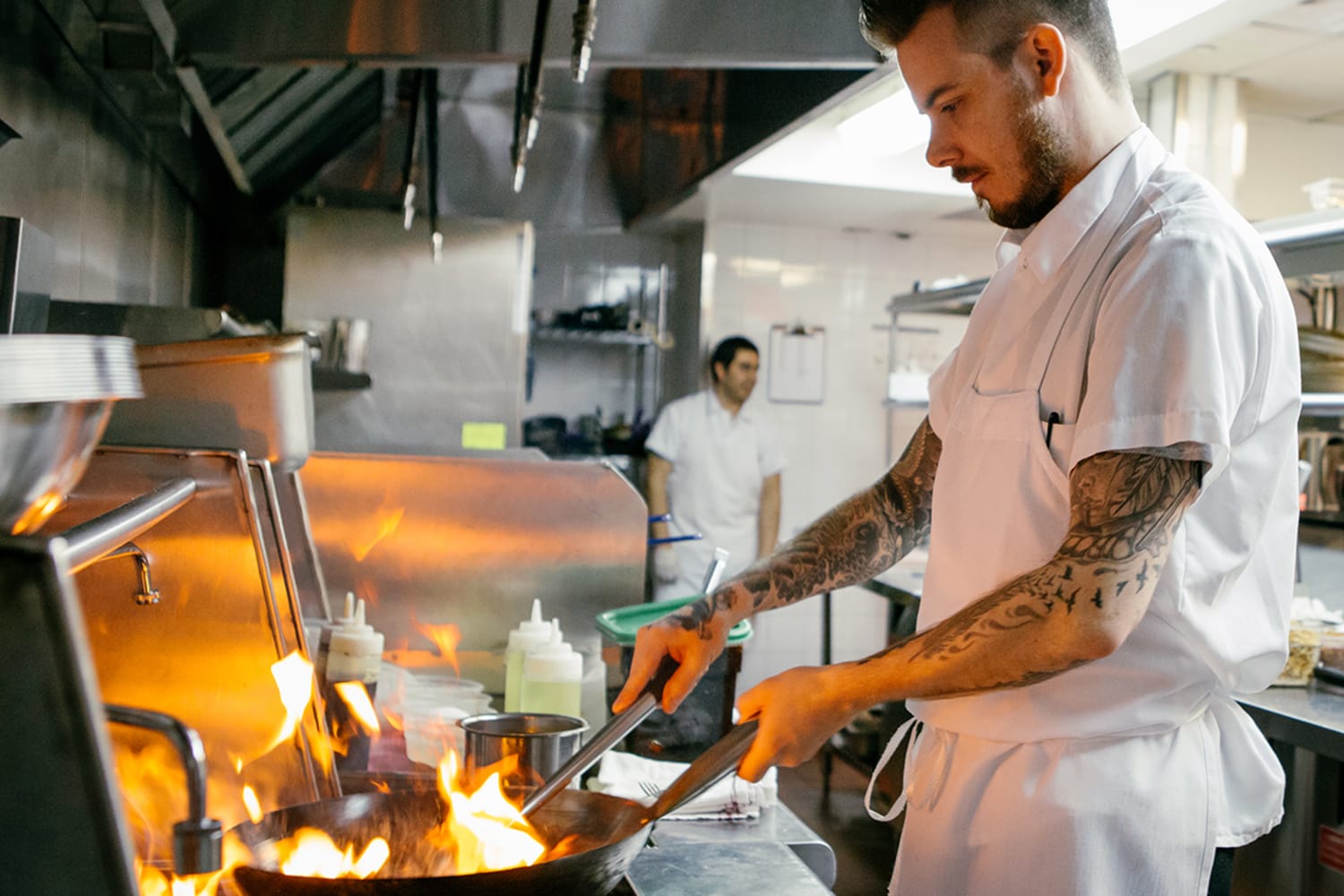
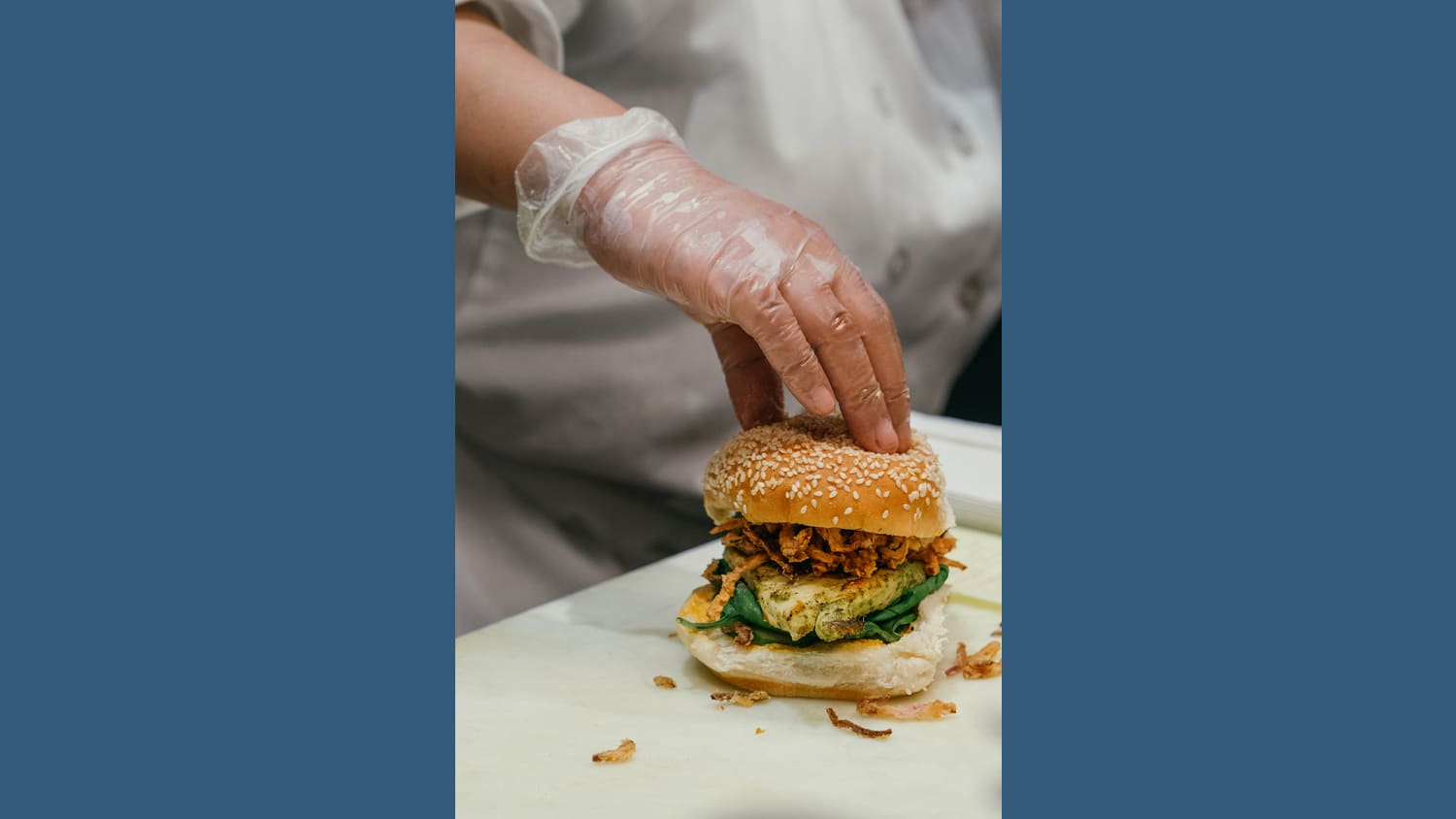

NYC startup Kitch, launched in January 2020, hopes to create the Airbnb of ghost kitchens. Calling itself a “kitchen matchmaker,” the startup connects local eateries with hotel operators, restaurateurs, and other food businesses renting out their kitchens during off-peak times.
Prioritizing restaurant space for cooking, rather than dining, follows the path set by the delivery boom, which saw global foodservice delivery sales more than double from 2014 to 2019, according to Euromonitor. Global head of food and beverage research Michael Schaefer predicts that ghost kitchens will define the restaurant industry over the coming years in the same way that third-party delivery services have marked the industry over the past 10 years.
Please provide your contact information to continue.
Related Content

ACT Good Report Names VML No. 1 Network for Social Impact

